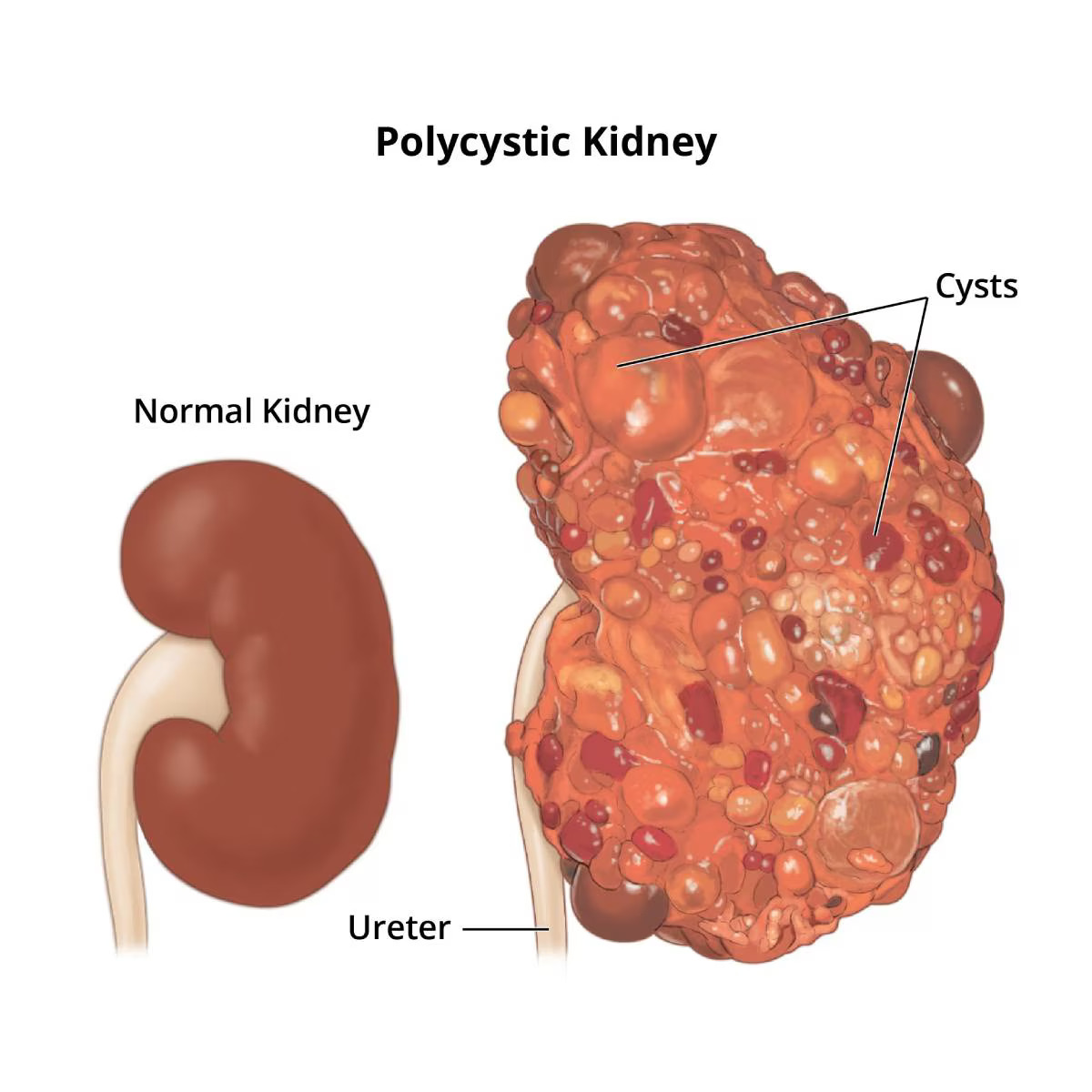Managing kidney disease often involves significant lifestyle changes to help slow its progression, reduce complications, and improve overall health. Here are several key lifestyle modifications recommended for individuals with kidney disease:
Healthy Diet: A balanced and kidney-friendly diet is crucial. This typically involves:
- Limiting Protein: Reducing protein intake can lessen the workload on the kidneys. High-quality protein sources like lean meats, fish, eggs, and dairy should be consumed in moderation.
- Controlling Phosphorus and Potassium: Monitoring and limiting foods high in phosphorus (e.g., dairy, nuts, beans) and potassium (e.g., bananas, oranges, potatoes) helps prevent complications like bone disease and electrolyte imbalances.
- Managing Sodium: Limiting salt intake helps control blood pressure and fluid retention. Processed foods, canned soups, and salty snacks should be minimized.
- Fluid Intake: Monitoring fluid intake is crucial, especially if experiencing fluid retention or undergoing dialysis. A healthcare provider will recommend specific limits based on individual needs.
- Healthy Fats and Carbohydrates: Including healthy fats (e.g., olive oil, avocados) and complex carbohydrates (e.g., whole grains, fruits, vegetables) supports overall health and provides essential nutrients.
- Maintaining a Healthy Weight: Achieving and maintaining a healthy weight through a balanced diet and regular physical activity can help manage blood pressure and reduce the risk of diabetes, both of which are significant contributors to kidney disease.
- Regular Exercise: Engaging in regular physical activity benefits cardiovascular health, helps maintain a healthy weight, and can improve overall well-being. However, exercise intensity and type may need to be adjusted based on individual health status and kidney function.
- Quitting Smoking: Smoking increases the risk of kidney disease progression and cardiovascular complications. Quitting smoking can significantly improve overall health and slow kidney disease progression.
- Limiting Alcohol: Alcohol can affect kidney function and interact with medications. Moderation or avoidance of alcohol consumption is generally recommended.
- Managing Medications: It’s crucial to take medications as prescribed by healthcare providers and to avoid over-the-counter drugs or supplements that may harm the kidneys. Some medications and herbal supplements can be nephrotoxic (toxic to kidneys) and should be used with caution or avoided altogether.
- Managing Stress: Chronic stress can impact overall health and may affect kidney function indirectly. Stress management techniques such as relaxation exercises, meditation, or counseling can be beneficial.
- Regular Medical Follow-up: Regular visits to healthcare providers are essential for monitoring kidney function, managing complications, adjusting medications, and receiving ongoing education and support.
- Educational Support: Learning about kidney disease, its progression, and management strategies empowers individuals to actively participate in their care and make informed decisions about lifestyle choices.
By incorporating these lifestyle changes and working closely with healthcare providers, individuals with kidney disease can effectively manage their condition, slow its progression, and improve their quality of life. Each person’s treatment plan may vary based on the stage of kidney disease and individual health needs, so personalized guidance from healthcare professionals is crucial.





Comments